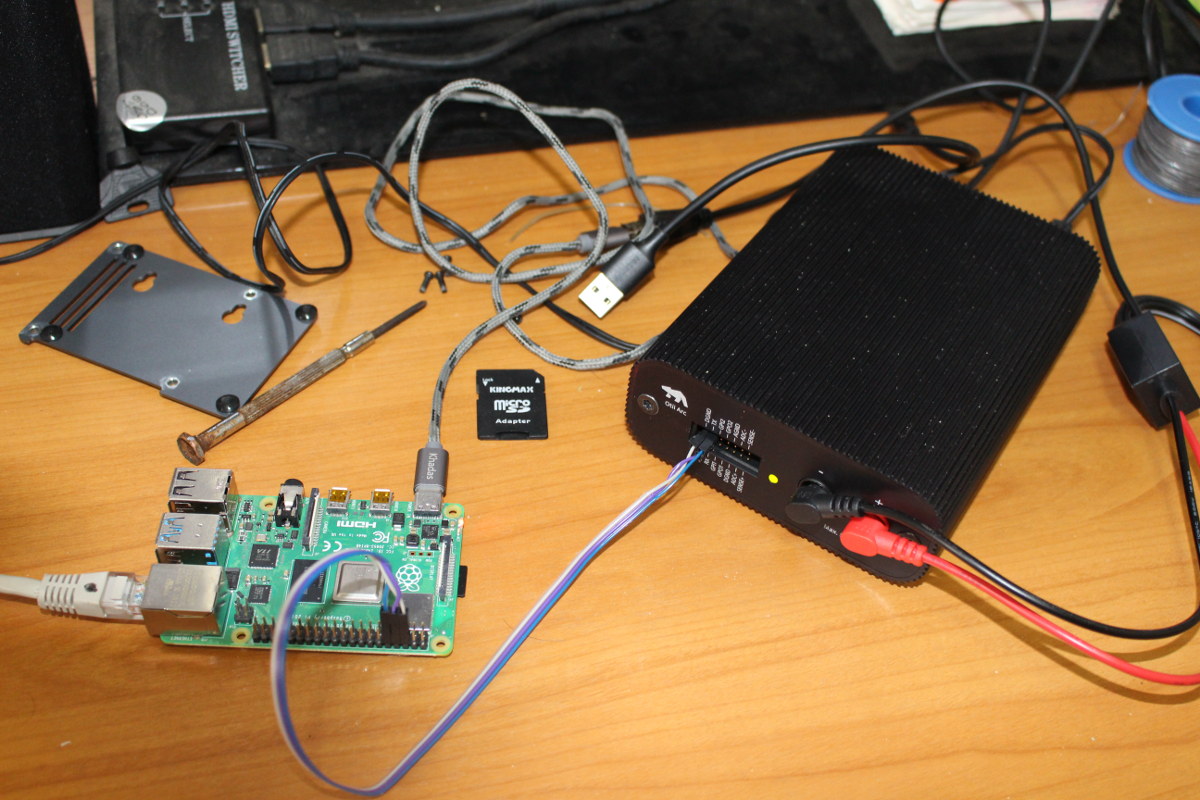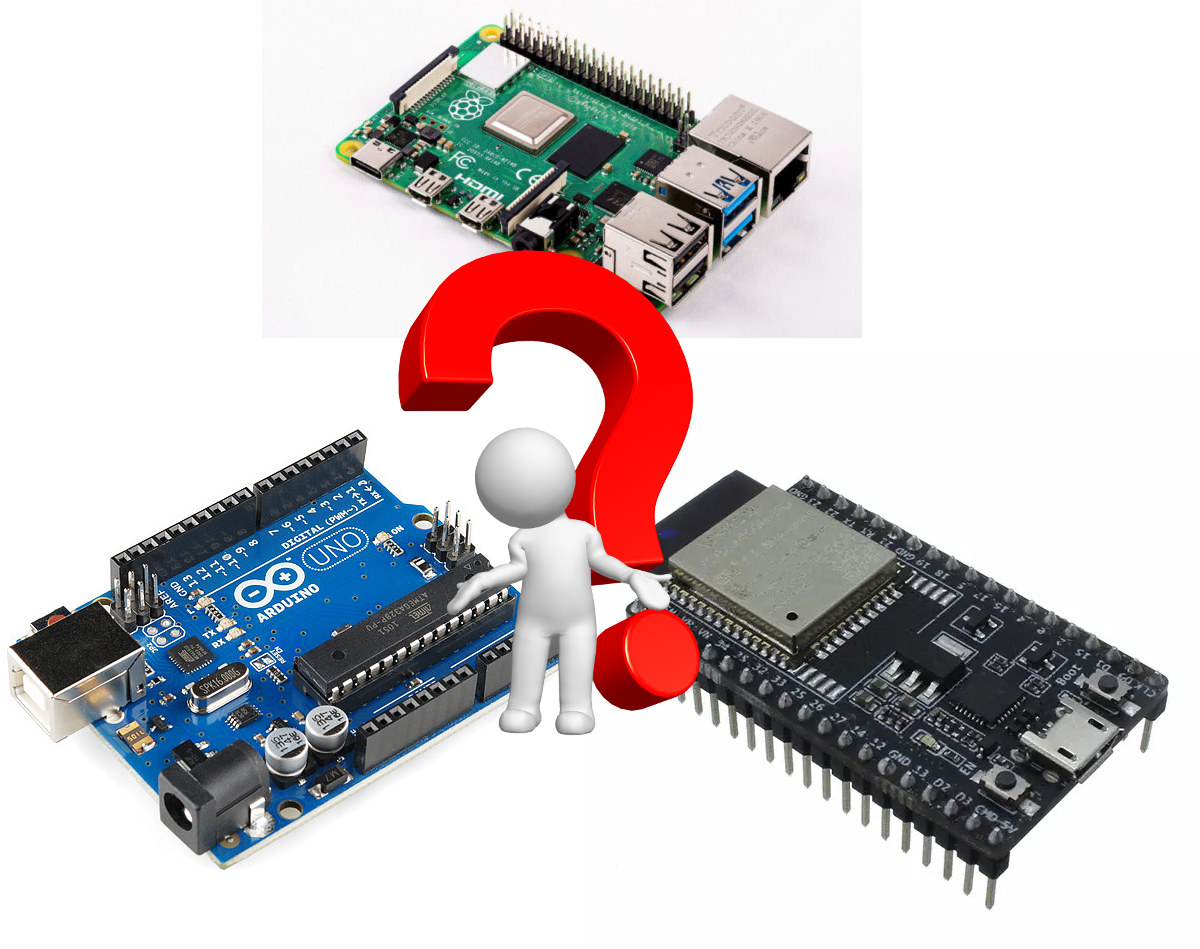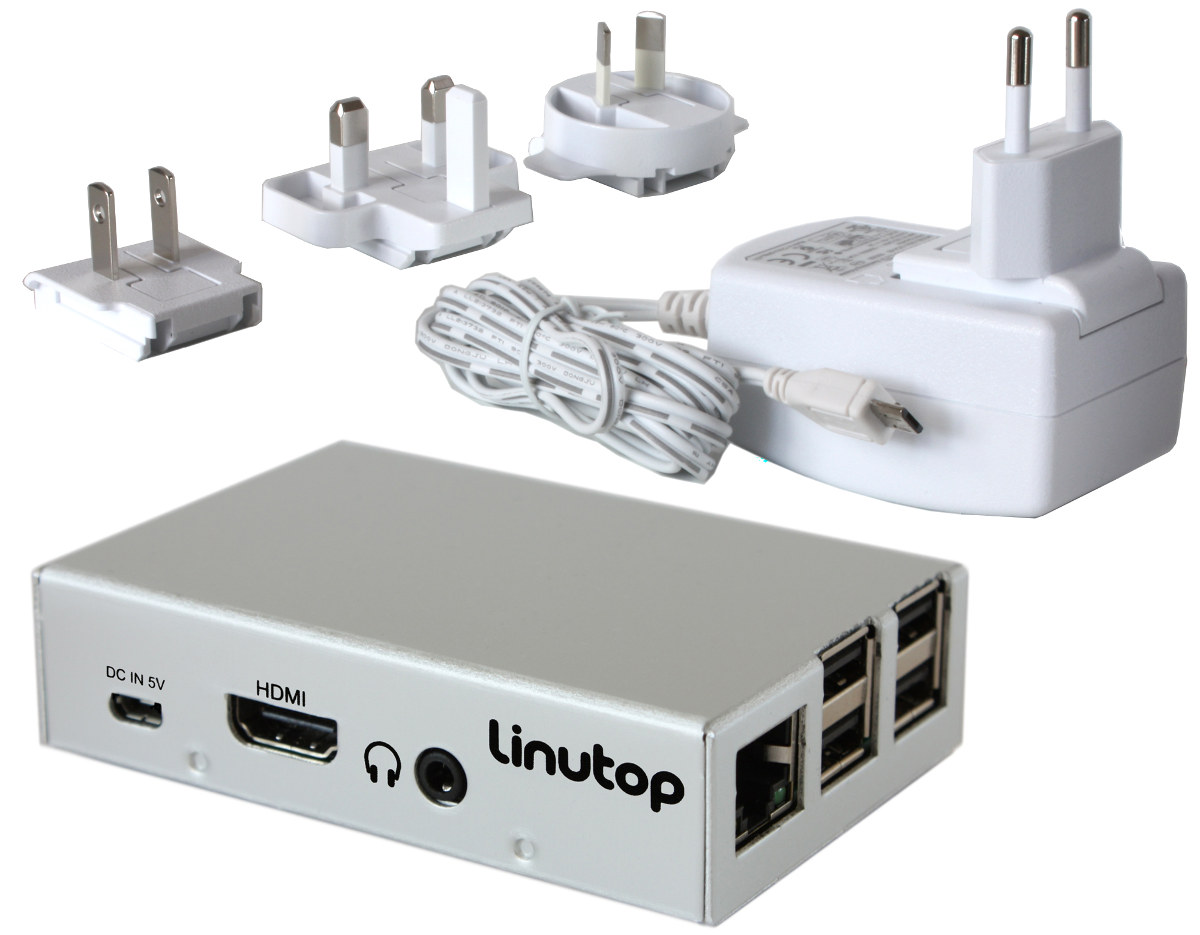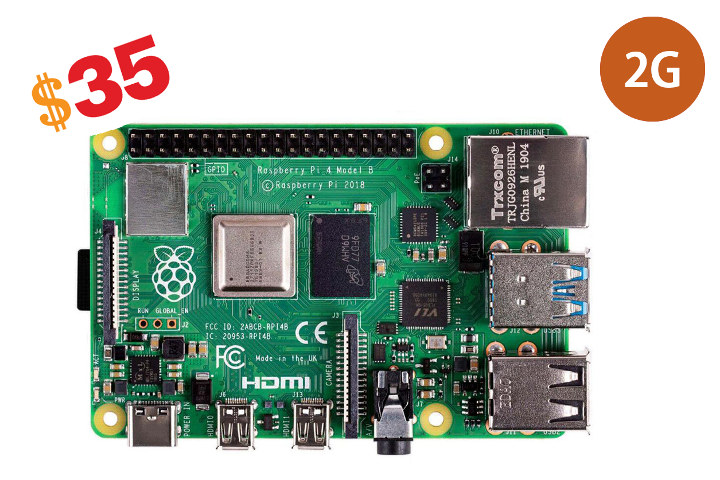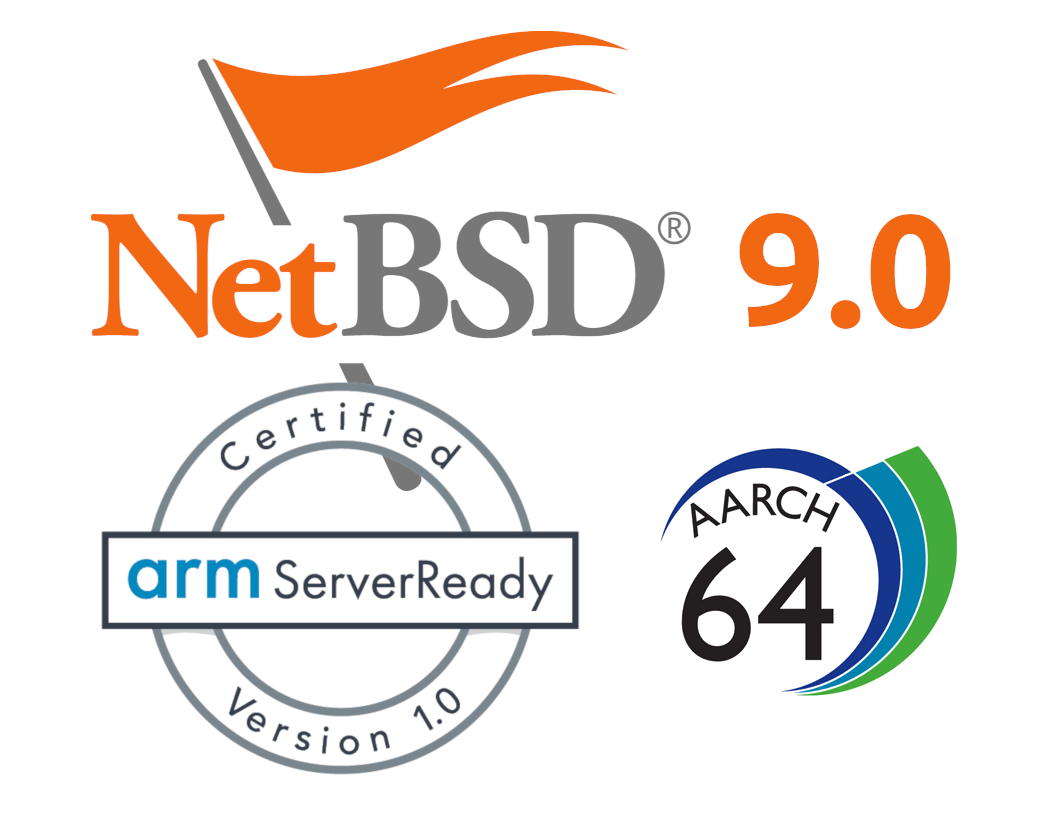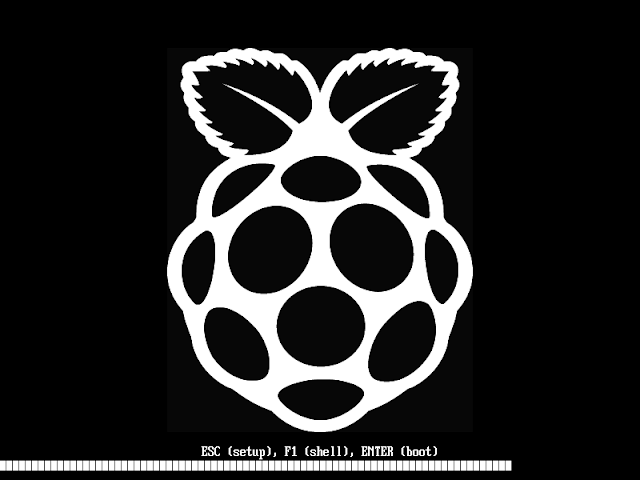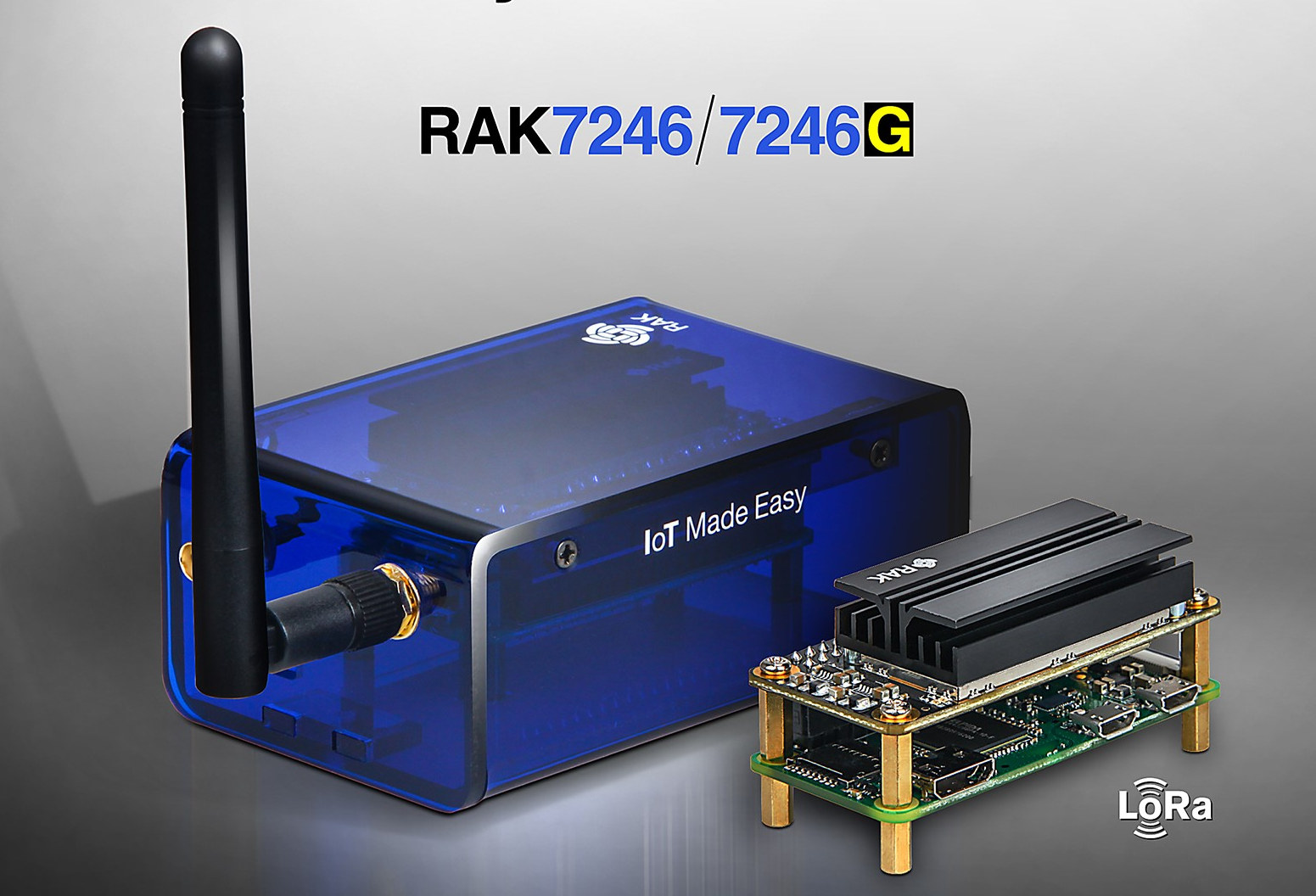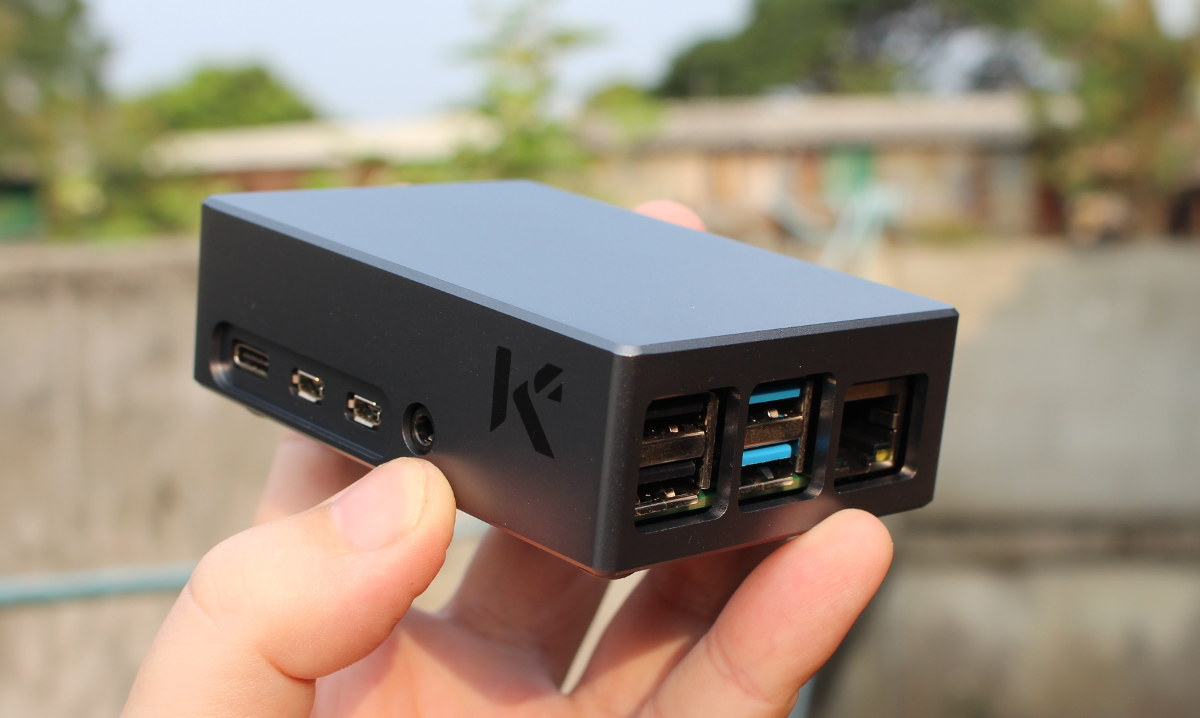Last month, I received Qoitech Otii Arc power supply, power meter, and DAQ unit that aims at helping hardware and software engineers develop energy-efficient products. I’ve now had time to test the unit with an ESP8266 board and Raspberry Pi 4 SBC, so I’ll show how to get started and my overall experience with the hardware and program. Requirements and Initial Setup The unit takes a 9V power supply or micro USB adapter as power input, but power output is done through banana plugs. I did not have any cables with banana plugs so I bought one on eBay for about $5 shipped. This cable is really convenient with output to USB (female connector), crocodile clips, and hook clips. However, as we’ll see below it may not be suitable for all types of loads, and you may have to make your own with a higher rated cable. You’ll need to […]
Know the Differences between Raspberry Pi, Arduino, and ESP8266/ESP32
CNXSoft: This is a guest post written in collaboration with SurfShark. When it comes to choosing a platform for STEM education or hobbyist projects, there are a number of low-cost, compact maker boards on the market. The most popular include the kid-friendly Raspberry Pi SBC that was designed with children in mind, Arduino boards for electronics projects, and more recently boards and modules based on EspressifESP8266 and ESP32 wireless SoC’s. In this post, we’ll look at the use cases and strong points for each of the boards whether you are just dabbling in the hobby of coding and DIY electronics, or you have a commercial project. Raspberry Pi The Raspberry Pi is a lineup of single-board computers (SBCs) that are from the UK and were first introduced in February 2012. These small computers were initially designed to teach students the basics of computer science, but they’ve found their way into […]
Raspberry Pi or UP Board based Linutop Runs Digital Signage or Web Kiosk Software
Linutop is a French company offering software and hardware solutions for digital signage and secure web kiosks, and this morning we received an email about Linutop OS now working on Raspberry Pi 4 board. Linutop OS is a Xubuntu (x86) or Raspbian (Arm) based OS using XFCE desktop environment, and shipping with the company’s Linutop Kiosk program used to setup a web kiosk or a digital signage player controlled via Linutop TV Digital Signage CMS (Cloud or self-hosted). The kiosk/DS software and the content management system (CMS) are not open-source, but there are free demo versions. If you want to install the full version it will cost you 79 Euros, and a self-hosted license for the CMS goes for 196 Euros. The company also offers Arm and x86 digital signage players based on Raspberry Pi or UP Board SBCs. Linutop XS/XS3 Linutop XS is based on a Raspberry Pi 2 […]
Price of Raspberry Pi 4B with 2GB RAM Drops to $35 Permanently
Raspberry Pi 1 Model B was introduced to the world almost exactly 8 years ago on February 29, 2012, and to celebrate the Raspberry Pi Foundation decided to permanently lower the price of Raspberry Pi 4B with 2GB RAM to $35. This was made possible due to falling RAM prices. The 1GB RAM version will still be sold for $35 to industrial and commercial customers due to long term support commitments. Sadly, the 4GB RAM version remains at $55, so no discount for this version for now. Due to inflation, Raspberry Pi 4B 2G is even cheaper than the first Raspberry Pi 1 since $35 in 2012 is roughly equivalent to $40 now. But more importantly, 8 years make a huge difference in terms of performance and features. The Raspberry Pi Foundation explains the new board is now 40 times faster, has eight times more memory (the very first batch […]
NetBSD 9.0 Released with Aarch64 Support, Arm ServerReady Compatibility
Yesterday, we wrote about Raspberry Pi 4 getting UEFI+ACPI firmware for Arm SSBR compliance allowing the board to run operating systems designed for “Arm ServerReady” servers out of the box. NetBSD 9.0 was just released on February 14, 2020, with support for Aarch64 (64-bit Arm) which had been in the works for a few years, and includes support for “Arm ServerReady” compliant machines (SBBR+SBSA). NetBSD 9.0 main changes related to hardware support: Support for AArch64 (64-bit Armv8-A) machines Compatibility with “Arm ServerReady” compliant machines (SBBR+SBSA) using ACPI. Tested on Amazon Graviton and Graviton2 (including bare metal instances), AMD Opteron A1100, Ampere eMAG 8180, Cavium ThunderX, Marvell ARMADA 8040, QEMU w/ Tianocore EDK2 Symmetric and asymmetrical multiprocessing support (big.LITTLE) Support for running 32-bit binaries via COMPAT_NETBSD32 on CPUs that support it Single GENERIC64 kernel supports ACPI and device tree based booting Supported SoCs Allwinner A64, H5, H6 Amlogic S905, S805X, S905D, […]
Raspberry Pi 4 UEFI+ACPI Firmware Aims to Make the Board SBBR-Compliant
As Arm wanted to enter the server market, they realized they had to provide systems that could boot standard operating system images without modifications or hacks – just as they do on x86 server -, so in 2014 the company introduced the Server Base System Architecture Specification (SBSA) so that all a single OS image can run on all ARMv8-A servers. Later on, Arm published the Server Base Boot Requirement (SBBR) specifications describing standard firmware interfaces for the servers, covering UEFI, ACPI and SMBIOS industry standards, and in 2018 introduced the Arm ServerReady compliance program for Arm servers. While those are specific to Arm server, some people are pushing to implement SBBR compliant for Arm PCs, and there’s one project aiming to build an SBBR-compliant (UEFI+ACPI) AArch64 firmware for the Raspberry Pi 4. The UEFI firmware is a build of a port of 64-bit Tiano Core UEFI firmware, and version […]
$99 RAK7246 LoRaWAN Developer Gateway Features Raspberry Pi Zero W SBC
Outdoor LoRaWAN gateways meant to be deployed in the field usually cost several hundred dollars, so companies also offer cheaper gateways for indoor use that can be used by developers. RAKWireless offers this type of gateway with products such as Pilot Gateway Pro RAK7243 based on Raspberry Pi 3 Model B+ board, or RAK7244 LoRaWAN Developer Gateway featuring the more recent Raspberry Pi 4 board and sold for $212 and up with price depending on options such as cellular connectivity. The company has now worked on providing much cheaper indoor/developer gateways with their RAK7246 and RAK7246G LoRAWAN developer gateways with the latter adding GPS. RAK7246 is available. RAK7246 key features and specifications: SBC – Raspberry Pi Zero W board with Broadcom BCM2835 ARM11 processor @ 1GHz, 512MB RAM Storage – 16GB MicroSD card Connectivity 802.11 b/g/n WiFi and Bluetooth 4.0 via Cypress CYW43438 module found on RPi Zero W board […]
KKSB Raspberry Pi 4 Aluminum Case Review – Benchmarks at Stock Clock and Overclocked to 2.0 GHz
KKSB is a Swedish company designing and manufacturing metallic products for various open-hardware products such as single board computers including Raspberry Pi, Arduino, ODROID, Orange Pi and others, as well as mobile phone and tablet stands, and they also have a mini-ITX case planned for March. The company approached CNX Software to review their latest Raspberry Pi 4 case, and I was interested to find out how it would handle cooling. KKSB Raspberry Pi 4 Case Aluminum Unboxing So I recently received the enclosure in a mostly white package. The case comes in two parts as well as a thermal pad for the processor, mounting screws, rubber pads, and two plastic bits for the LED. Aluminum Case Assembly First, peel over the plastic film on one side of the thermal pad, and place it on the extrusion for the processor on the top part of the enclosure. Remove the second […]


